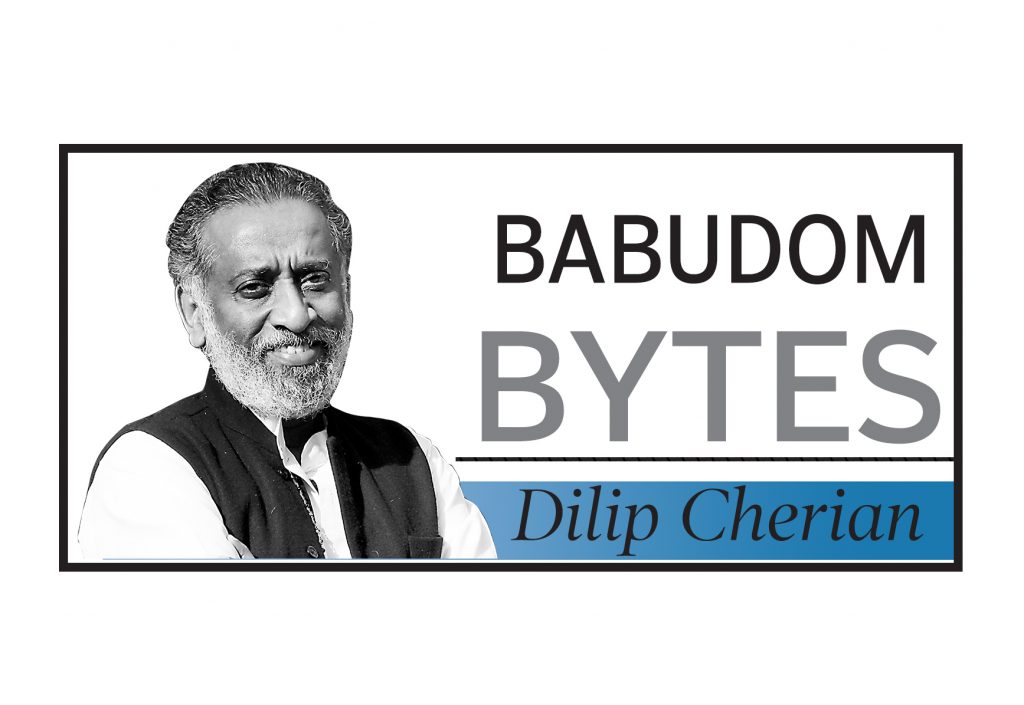An IAS success story this may not be. Pooja Khedkar, a 2023 IAS probationary officer, has found herself in hot water. She’s under scrutiny for allegedly using a fake visual impairment certificate to secure her position in the Indian Administrative Service (IAS) through the UPSC exam. This has cast serious doubts on the legitimacy of her appointment, with a high possibility that her IAS position could be revoked.
Questions are swirling about how she managed to get an IAS post despite opposition from the UPSC and the Central Administrative Tribunal (CAT). There’s also speculation about which political leaders might have influenced her appointment. Sources have told DKB that reportedly a minister in the previous Union government is supposedly close to the Khedkar family and may have had a hand in getting her an IAS posting as well as Maharashtra cadre. We’ll wait for the single-member panel’s inquiry report to see what turns up.
This episode underscores that even the UPSC exam can be rigged, suggesting that politicians and former civil servants can sway the selection of their preferred candidates. This concern isn’t trivial, especially following the NEET controversy, which faced intense scrutiny for a paper leak.
Khedkar’s case is a significant test for the government as well, particularly the Department of Personnel and Training (DoPT) which needs to reexamine its verification processes. However, the public information so far suggests that Khedkar may have successfully gamed the system.
Now, it’s up to the government to uncover the truth and restore the credibility of the UPSC. Only by addressing these allegations head-on can the integrity of one of India’s most esteemed institutions be preserved.
Naidu’s new order
With Andhra Pradesh Chief Minister N Chandrababu Naidu firmly in the saddle, there’s a palpable sense that a new era has begun. The state government is clearly sending a message that things are set to change, starting with the administration itself.
One of the latest moves in this wave of change is the appointment of IPS officer L Subbarayudu who has been deputed from Telangana to Andhra Pradesh for three years on personal grounds. This move, alongside the request for his immediate relieving from Telangana, signals that Naidu’s administration is keen on bringing in officers of its choice to implement its vision effectively.
But this is just the beginning. In a significant reshuffle, 19 IAS officers have been transferred within Andhra Pradesh. Chief Secretary Neerabh Prasad issued the relevant orders indicating a major overhaul of the bureaucratic machinery. Among the notable changes, Harish Gupta has been appointed as the DG of Vigilance and Enforcement, and Kumar Vishwajit as the Principal Secretary, Home.
The reshuffle doesn’t stop there. Special Chief Secretary (BC Welfare) G. Anantha Ramu has been moved to the Environment, Forests, Science & Technology Department, relieving Chief Secretary Neerabh Kumar Prasad from additional duties. Similarly, A.P. Human Resources Development Institute Director General Ram Prakash Sisodia is now Special CS (Lands & DM, Registration and Stamps) in the Revenue Department, relieving Ajay Jain from additional responsibilities.
The message is clear: a new dispensation is in power, and it’s time for things to change. Naidu is setting the stage for a transformative period, emphasizing efficiency, accountability, and a fresh approach to governance. It also indicates that things will get more difficult for his predecessor and archrival, Y.S. Jagan Mohan Reddy.
Buzz around babu’s entry into politics
In a move reminiscent of Odisha politics, Chief Minister Nitish Kumar’s advisor, Manish Verma, officially joined the Janata Dal (United) recently. Verma, a retired IAS officer from the 2000 batch, had taken voluntary retirement in 2018 on Nitish Kumar’s advice and has since been working closely with him.
There’s a lot of buzz around Verma’s entry into JD(U), with many speculating that he’s being groomed as the party’s future leader. For over a year, Verma has been actively involved in the party’s organisational activities. His formal induction into JD(U) took place in the presence of JD(U) working president and Rajya Sabha MP Sanjay Kumar Jha, as well as state water resources minister Vijay Kumar Choudhary.
Verma played a crucial role in JD(U)’s campaign during the recent Lok Sabha elections. He extensively toured all 16 parliamentary constituencies contested by the party, contributing significantly to their success. The JD(U) emerged victorious in 12 of these seats, solidifying its position as a major ally of the Narendra Modi-led NDA government.
Verma’s transition from a bureaucrat to a political leader marks an intriguing chapter in Bihar’s politics. The overwhelming question is how his influence will shape the future of JD(U).
By Dilip Cherian
